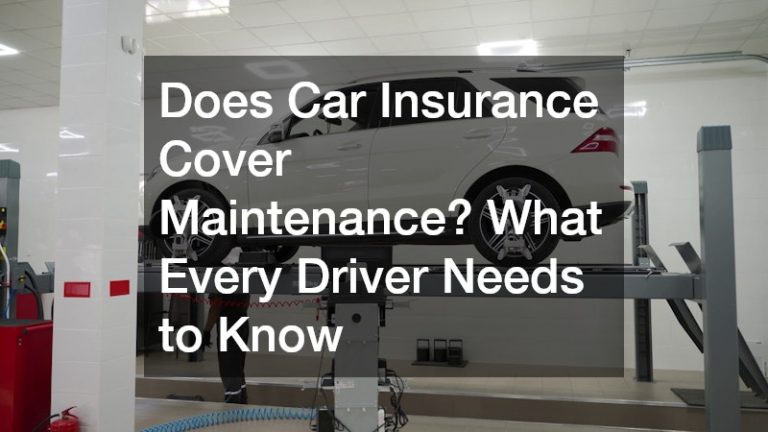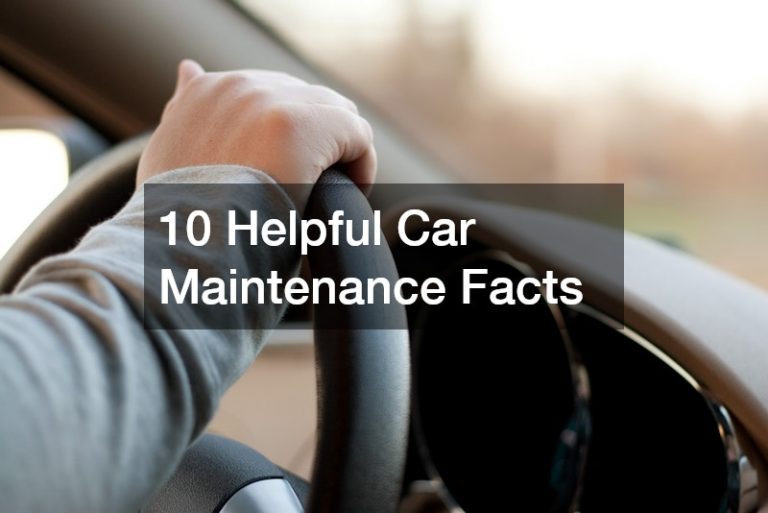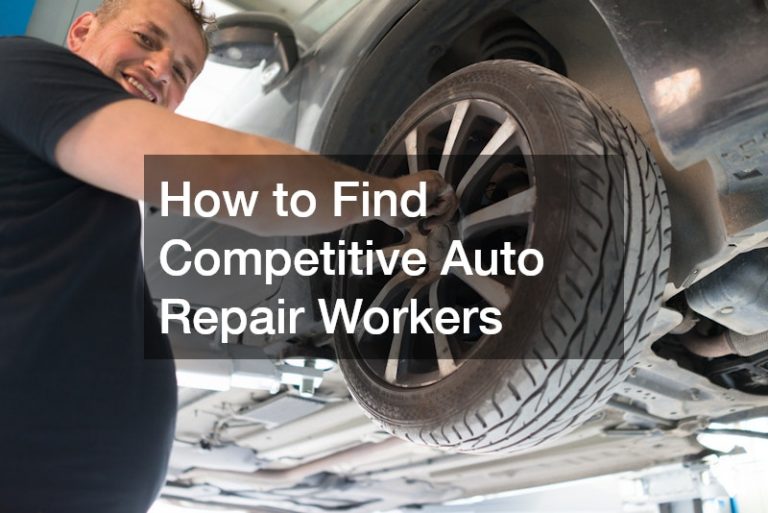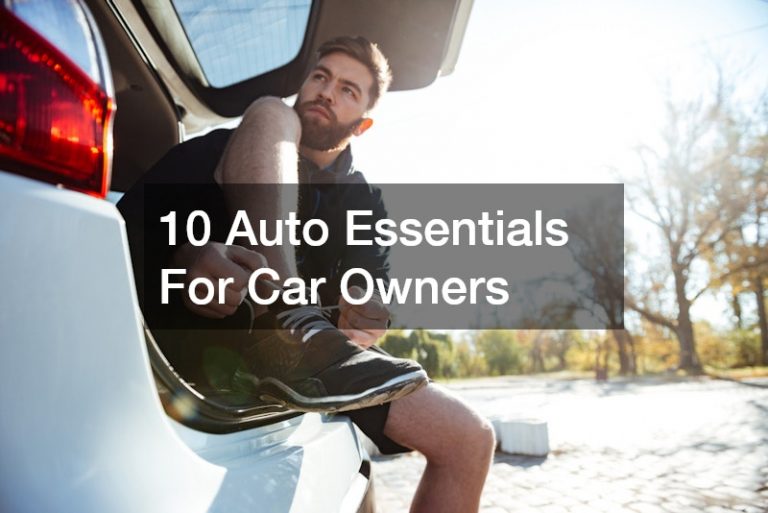Commercial vehicles are important assets of any business, so it’s essential to have a good maintenance strategy in place to keep them at their peak performance. Taking proper care of your vehicles will save more money in the long run and prevent interruptions in your operations.
Regardless if you have brand-new or used commercial vans or trucks, preventative maintenance is essential for all types of vehicles.
Avoid Brake Failure
Accidents due to faulty brakes can result in vehicle damage, so it’s important to create a maintenance plan to reduce brake wear and failure. Once you hear squeaks or any noise changes, have them checked out immediately as they can indicate worn brake pads. Early brake replacement can prevent further damages and costly repairs.
Make Sure Your Vehicle is Fit For Its Purpose
Make sure each vehicle in your fleet is appropriate for its intended tasks. Avoid unnecessary maintenance costs by determining your vehicle’s operating conditions and getting the most out of it without causing any problem. For light loads, vans are more appropriate. If you need a vehicle that will travel long distances in harsh conditions, then a truck is more suitable.
Plan a Schedule For Each Vehicle
If you have different kinds of commercial vehicles, create a unique maintenance schedule for each one as they have different maintenance requirements. Create metrics like frequency of usage, fuel levels, or engine hours to help you figure out which one will be serviced next.
You can also take advantage of downtime during trips by tracking your drivers’ routes and checking if they are close to a service station. The small repairs done during the downtime will save you from future repairs that can be more expensive.

Train Drivers on Inspections
Equip your drivers with adequate knowledge on how to perform pre-trip and post-trip inspections that cover all important areas. Since your drivers are the eyes of your operation, they’re also responsible to conduct vehicle checks to maintain a good preventative maintenance plan. Here are some important points to include in your preventative maintenance checklist:
- Leaking Fluids: Have your drivers check proper fluid levels of fuel, oil, antifreeze, and coolant. Any leaks can be expensive for operators, so determine any leakage and also check the temperature, air pressure, and oil pressure to make sure all fluids are properly functioning.
- Tyres: These are among the most frequently used and replaced parts of a vehicle, so it’s important to check them regularly. Overused tyres with improper tread depth can be a major hazard that can cause road safety issues. It can also shorten your tyres’ lifespan, so they should be checked regularly during inspections.
- Electrical Components: Ensure brake lights, warning lights, flashers, and turn signals are all working properly to keep your driver safe. Also, check if wirings are tightly connected to make sure interior lights are functional.
Check For Body Corrosion
Body corrosion should be avoided to prevent your vehicle from further damage. High humidity levels especially in Singapore can cause rusting that eats away the vehicle’s body and leads to structural failure, making it unsafe to drive. Rust inside the engine is worse as it can cause overheating issues, so always make sure the engine system is constantly clean.
Here are some ways to prevent rust in your vehicle:
- Avoid Chipping Paint: If you see signs of chipping paint, it means that rust can begin anytime and you should immediately address those spots. Always wash your vehicle properly, avoid using rough cloth or sponges, and protect it from extreme temperatures to avoid damages to the paint.
- Apply Lubricants: Spray some lubricant on the door locks to avoid moisture that can cause rusting. Also, wash your vehicle immediately following rain as the pollutants can damage its protective finish. However, if you see rust starting to accumulate, apply an anti-rust spray immediately before it spreads.
- Wash Your Vehicle Regularly: Washing prevents contaminants from destroying the vehicle’s paint, coating, and primer. Make sure to use appropriate cleaners to avoid harsh chemicals that can cause further damage.
- Keep the Interior Dry: If the interior of the vehicle gets wet, there’s a good chance that the moisture will spread to the exterior. Wipe down any wet surfaces inside as soon as possible as it’s more difficult to clean unattended spills.
Your business’s vehicles are one of the most important assets you have, so it’s important to have preventative maintenance measures in place. It should be part of the organization’s strategy because long-term vehicle damages can be highly expensive and stressful compared to investing in effective maintenance procedures.








